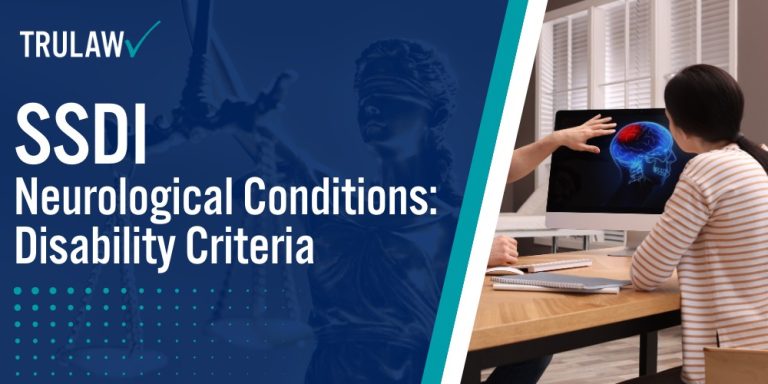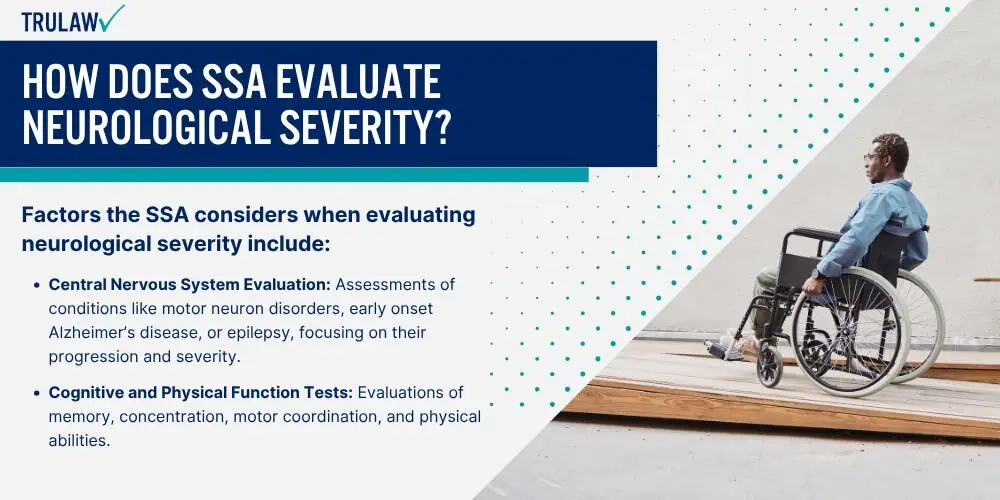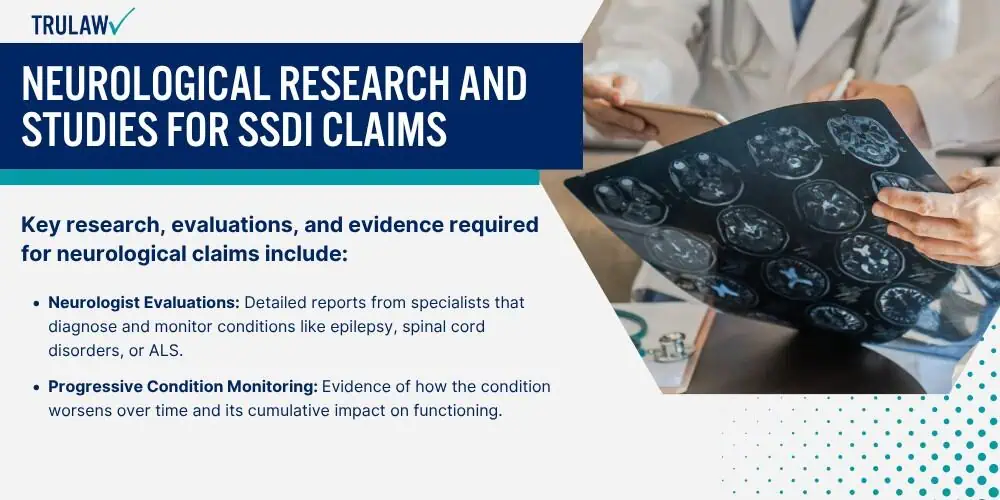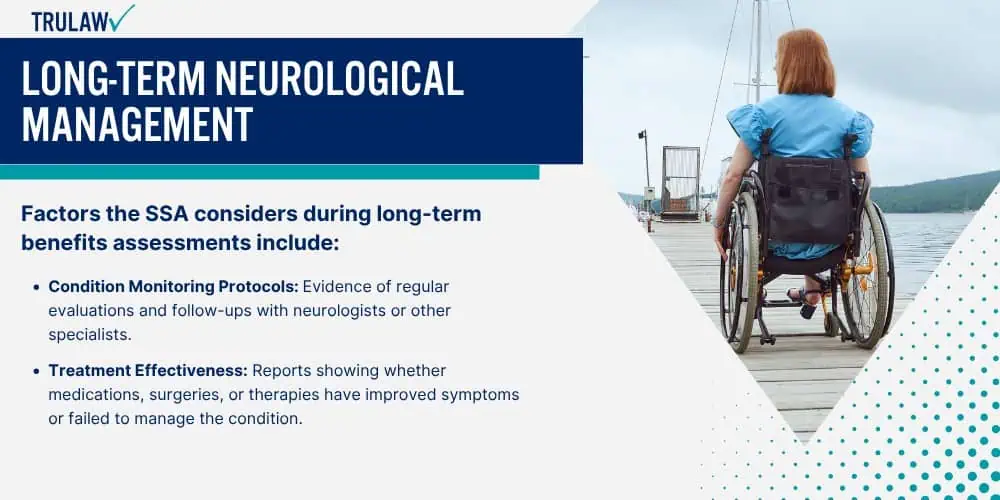Establishing eligibility for social security disability benefits for neurological conditions requires comprehensive and specific medical documentation.
If a neurological condition results in only mental impairment, the evaluation will be conducted under the mental disorders body system, specifically Section 12.00.
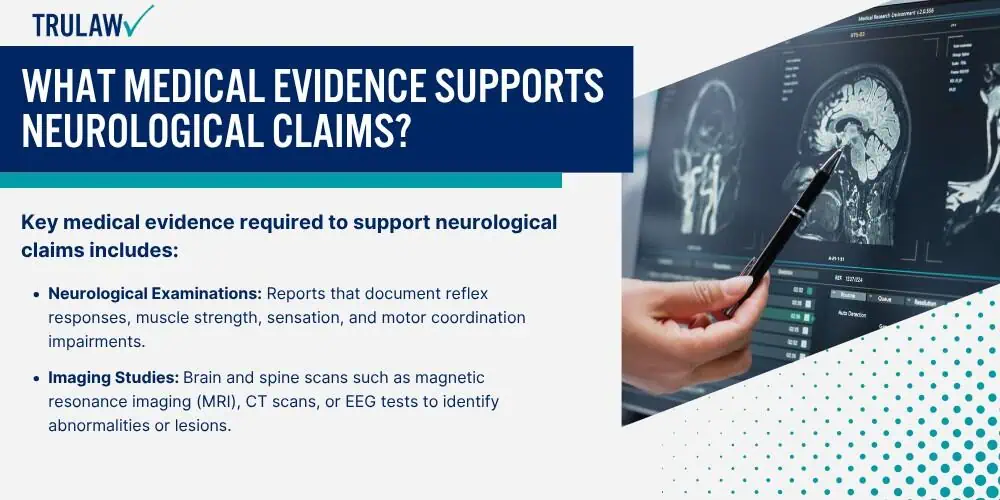
The Social Security Administration (SSA) evaluates claims based on evidence of functional limitations caused by conditions affecting the central or peripheral nervous system.
Neurological impairments may range from conditions such as traumatic brain injury or cerebral palsy to spinal cord disorders and neuropathies.
To qualify, applicants must provide relevant medical evidence that clearly demonstrates the severity of their condition through detailed diagnostic testing, clinical observations, and functional assessments.
Diagnostic Testing and Clinical Requirements
Properly documenting a neurological condition involves the use of advanced diagnostic tools and clinical examinations.
These evaluations help demonstrate the specific nature and severity of the impairment and establish its disabling effects on physical and mental functioning.
Key medical evidence required to support neurological claims includes:
- Neurological Examinations: Reports that document reflex responses, muscle strength, sensation, and motor coordination impairments.
- Imaging Studies: Brain and spine scans such as magnetic resonance imaging (MRI), CT scans, or EEG tests to identify abnormalities or lesions.
- Laboratory Findings: Results that confirm a neurological diagnosis, including blood tests or cerebrospinal fluid analysis.
- Functional Capacity Tests: Documentation of limitations caused by the condition, such as balance issues, tremors, or reduced mental functioning.
- Specialized Studies: Diagnostic studies specific to certain conditions, such as nerve conduction studies or evoked potential tests.
These forms of medical evidence demonstrate not only the presence of a neurological impairment but also how it disrupts the claimant’s ability to perform work or daily activities.
Applicants should work with their medical providers to ensure all diagnostic and clinical findings are thoroughly documented.
Detailed and consistent records are essential to increasing the chances of approval for disability benefits.
